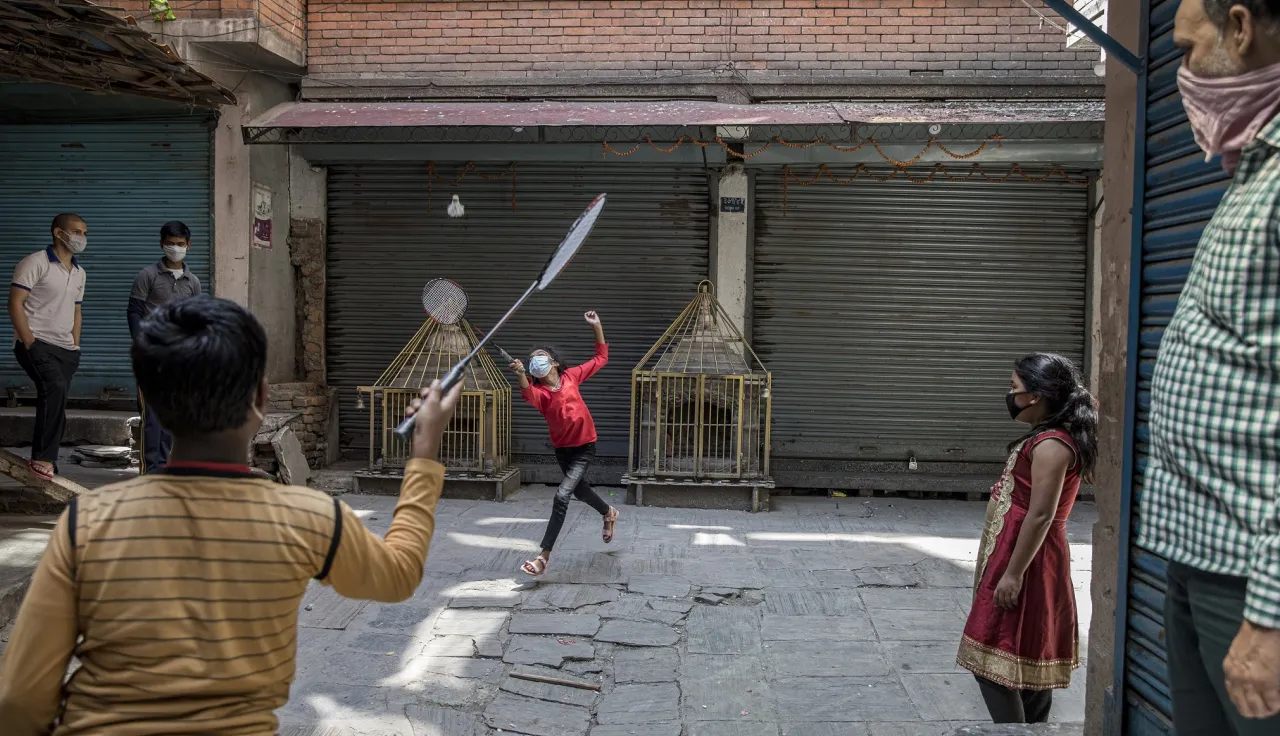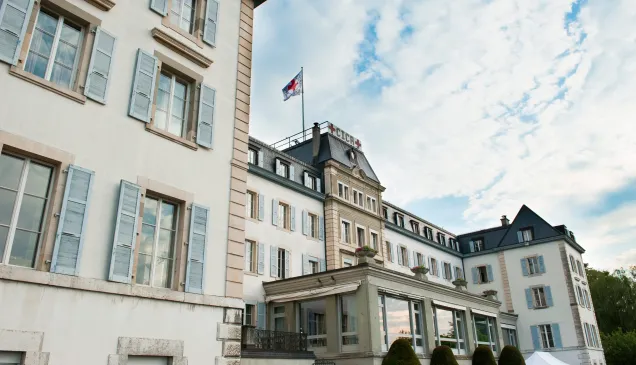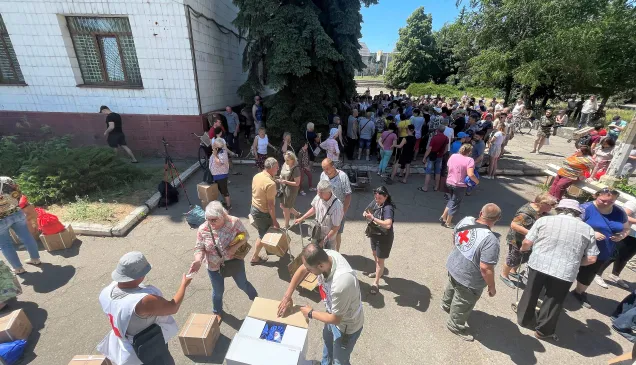COVID-19: How the ICRC helps children affected by pandemic

During the COVID-19 pandemic, school closures have taken place in virtually all the countries where the ICRC operates. These closures are all too common for communities dealing with situations of conflict and armed violence.
For more than 1.5 billion children across 182 countries, education stopped partially, or fully, during the height of the pandemic – that's 91 per cent globally of children enrolled in school. When children can't go to school, it undermines their future options and choices, but it also increases the protection-related risks for children living in places affected by war and violence. These include:
- exposure to violence, abuse, and neglect at home
- child recruitment by armed groups
- early marriages
- teenage pregnancies
- child labour
- subsequent non-return to school.
Girls face greater barriers to school attendance than boys and are exposed to greater levels of domestic and gender-based violence. As a result, girls are more than twice as likely to be out of school. They are also more likely never to return to school. School closures due to the COVID-19 pandemic have exacerbated this risk.
Over 48 million children around the world rely on school feeding programmes that may have been suspended. In parallel, we are seeing the impact of pandemic prevention measures affect incomes and livelihoods, making it even more difficult for families to provide adequate nutrition for their children and leading children to have to etner the informal economy to support their household income.
Government awareness of these needs and their monitoring is critical to the futures and the protection, safety and physical integrity of children. The ICRC invites governments and the private sector to work together to provide alternatives to give children uninterrupted access to child-friendly accredited distance learning methods, ensuring the most vulnerable children are not excluded.
The COVID-19 pandemic is not just a global health and socioeconomic crisis; it is also a massive education crisis with potentially extremely severe ramifications, especially for vulnerable children and youth impacted by armed conflicts, forced displacement, and protracted crises.
The ICRC has joined a network of organizations raising their concerns. Read the Statement by the Signatories of the Pledge at the Global Refugee Forum to Make Geneva a Global Hub for Education in Emergencies.
How are we helping?
The ICRC has adapted its response to support remote learning for students in a number of ways including:
- providing paper and printers in Ukraine to facilitate lesson production
- purchasing and distributing tablets in Armenia and Azerbaijan to support marginal communities
- paying broadband and negotiating the extension of services for communities, and paying for online courses which are fee paying
- giving material and logistical support for preparing hard copies of homework in South Sudan
- promoting hygiene and sanitation through provision of handbasins, soap and disinfectants for cleaning schools
- working with authorities on ways to ensure conflict- and violence-affected communities receive the necessary support to continue and resume education
- publishing child-friendly materials on how to take care of oneself and family through handwashing, social distancing and hygiene
- supporting hotlines for children in distress or under pressure during this period
- providing direct support to school-based community kitchens in Venezuela
- offering psychological support to teachers in many communities
- printing and developing material for children, including books and games explaining COVID-19.



